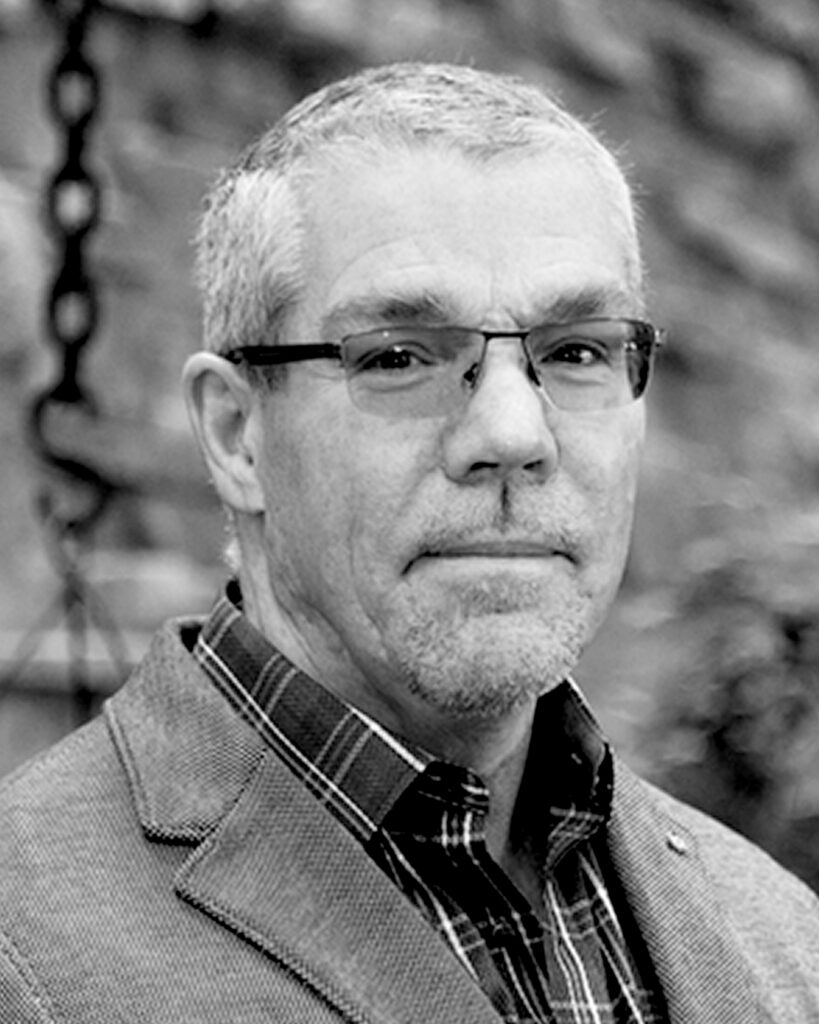The Future of Urban Planning
It’s been said that planning is about managing change and planners are agents of change. Given recent events, these sentiments could not be truer. In the space of mere days, COVID-19 fundamentally altered the basic tenants of planning and changed, in an instant, the way we live, work and play.
By Scott Arbuckle
Date
August 4, 2020
What is to become of our urban environments post-COVID?
The impacts could be dramatic. Consider if you will, that the policy context for our urban condition has consistently been on a path to greater urban density, reducing land consumption and creating a new urban reality where transit-supportive densities will finally allow us to reduce our dependency on the automobile and instead embrace mass transit and active transportation. More people, more density, more intensive use of buildings and public spaces. Now, consider the realities of COVID-19, including physical distancing, closure of public spaces, limiting social interaction, and restricting access to businesses – in a nutshell, the antithesis of the policy context that has underscored planning and development decision-making for over 20 years.
Will the fundamental premise of this policy direction change?
I don’t think so, but I do think that how we plan the spaces that comprise this policy basis will. Arguably, some anticipate a return to “normal” once the panacea of a vaccine is introduced and that is certainly possible. However, COVID, and the potential for future COVID-like events, has planners and decision-makers considering a “new normal” where work and life in our urban environments may look very different from what they do today. Given current events, people have managed to live their daily lives with altered social realities, and work in particular continues to be conducted virtually and, in many sectors, successfully.
How will segments of the urban condition change?
It’s hard to say, but what is quite certain is that disruptors that were already active in our urban environment are likely to be heightened post-COVID. Retail is a perfect example. Declining interest in shopping at brick and mortar stores, and exponential growth in online sales was a well-known phenomenon prior to COVID-19. Many commercial sites and greyfields were being reimagined as vibrant mixed-use spaces. Could recent events hasten this? And how might office development be affected? A sector which was already trending to intensified workspaces — hotel space and workstations replacing offices and cubicles — is now seeing work-from-home as not just a reality, but for many, a preference.
Perhaps COVID-19 will be an accelerator to these changes?
Only time will tell. What is clear however is that IBI Group, through our Placemaking practice, is at the forefront of this thought process. Through our multi-disciplinary design process that holistically considers the many aspects of community building, we are actively shaping the places that prepare our communities for what’s to come.
Scott Arbuckle has 25 years of diverse land development and urban planning experience and is a Member of the Canadian Institute of Planners, the Ontario Professional Planners Institute and is a Registered Professional Planner. Scott is recognized by the Ontario Municipal Board (OPPI) as an expert in the area of land use planning. Areas of practice include: planning feasibility/due diligence studies, community design visioning, official plans, official plan amendments, district/secondary plans, block plans, plans of subdivision, zoning by-law amendments, consents, minor variances, site plans and open space design.
Scott is the principal client liaison and project manager for a full scale of land development projects and is ultimately accountable for achieving client performance expectations including schedule, budget and product delivery. He is responsible for leading an in-house team of planning, civil engineering, landscape architecture and design professionals; as well as the management of interdisciplinary teams of sub-consultants including urban design, architectural, environmental, geotechnical, hydro geological, transportation, infrastructure and storm water management consultants.
Written by Scott Arbuckle
Regional Director, Canada East
Hamilton, ON








